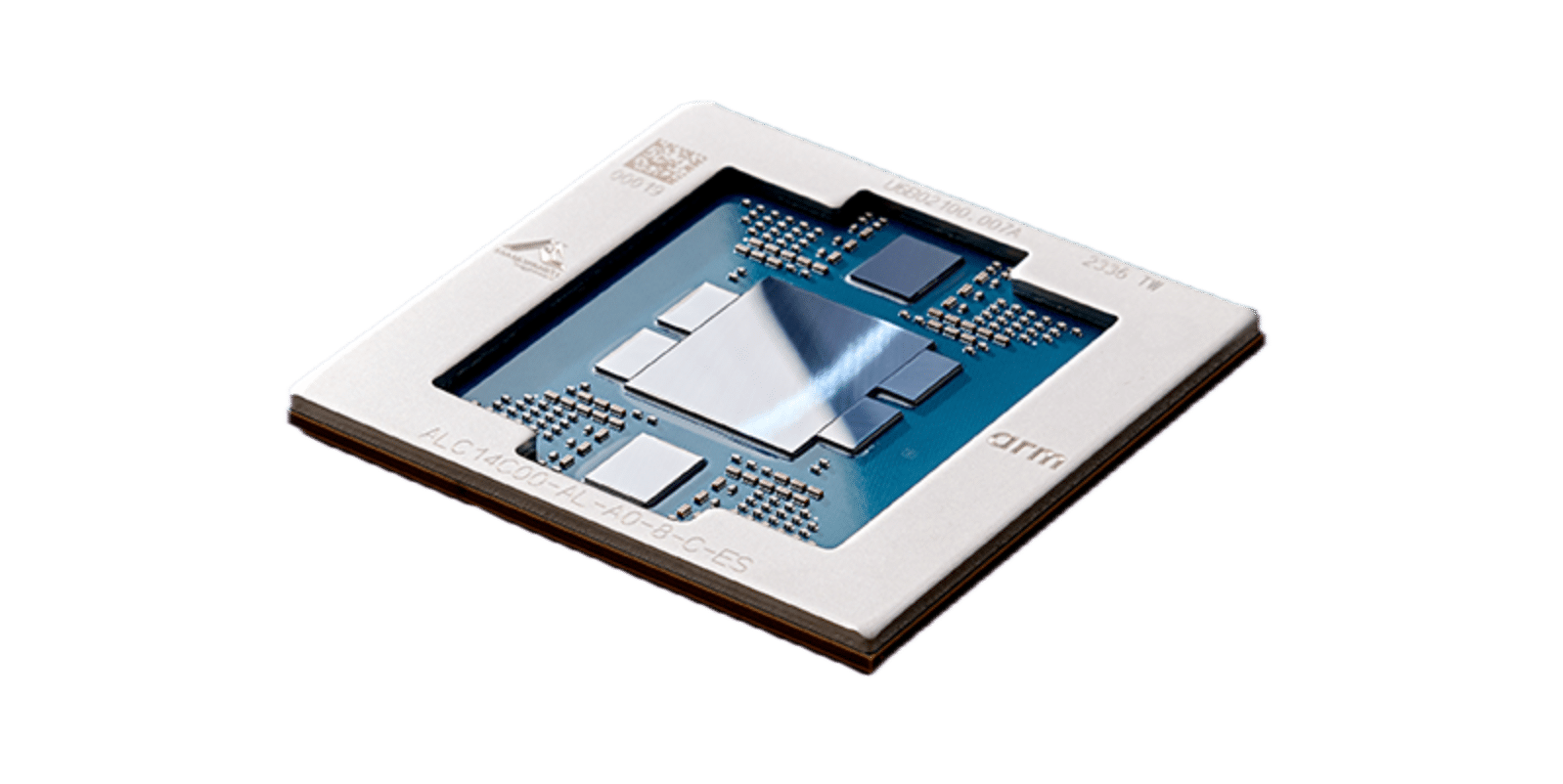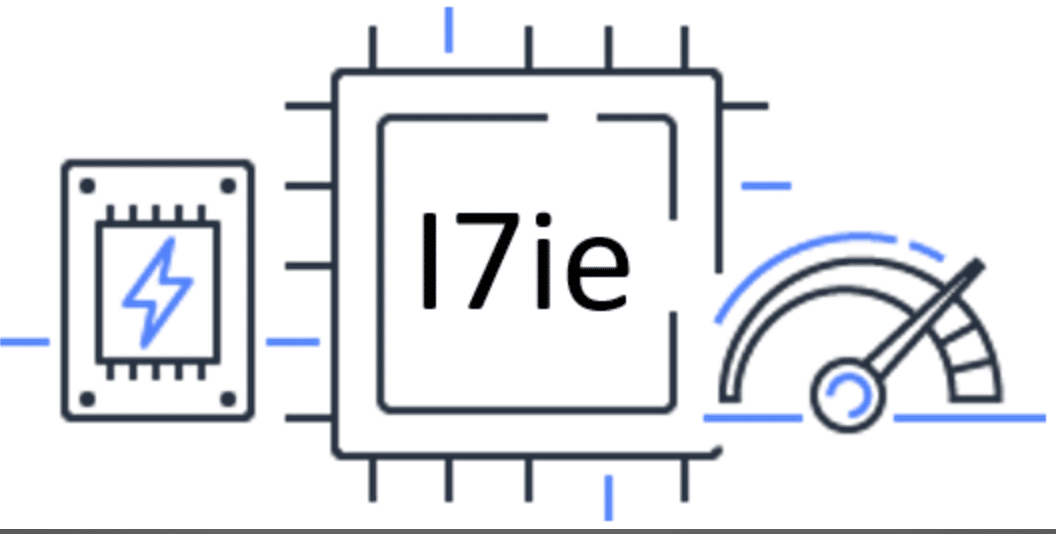Amazon Web Services (AWS) has unveiled two new additions to its storage-optimized Amazon Elastic Compute Cloud (EC2) instance lineup: the I8g and I7ie instances. Both are tailored for storage-intensive applications requiring high throughput, low latency, and reliable performance. These new offerings build on AWS’s established expertise in designing custom processors and storage solutions, targeting workloads such as databases, analytics, and machine learning.
Amazon EC2 I8g Instances
AWS Graviton4 processors and the third generation of AWS Nitro SSDs power the I8g instances. Graviton4 is built on a 64-bit ARM architecture and is AWS’s most powerful and energy-efficient processor. The processors provide up to 60% improved compute performance and feature twice the cache size of their predecessors. Complementing this processing power are Nitro SSDs, which deliver higher IOPS, reduced latency, and encryption for enhanced security.

These instances offer up to 22.5TB of local NVMe storage. Amazon also indicates 65% better real-time storage performance per TB and 60% lower latency variability than the prior generation I4g instances. With configurations ranging from 2 to 96 vCPUs and up to 768 GiB of memory, they support applications that demand substantial compute and storage resources. Workloads such as MySQL and PostgreSQL transactional databases, NoSQL databases like Aerospike and MongoDB, and real-time analytics tools like Apache Spark are well-suited for I8g.
The AWS Nitro System enhances the performance of these instances by offloading storage, networking, and CPU virtualization tasks to dedicated hardware and software. All storage interfaces are encrypted by default. I8g instances also support a broad range of operating systems, including Amazon Linux 2023, Ubuntu, and Red Hat Enterprise Linux.
| Instance name | vCPUs | Memory (Gib) | Storage (GB) | Network bandwidth (Gbps) | EBS bandwidth (Gbps) |
| I8g.large | 2 | 16 | 468 | up to 10 | up to 10 Gbps |
| I8g.xlarge | 4 | 32 | 937 | up to 10 | up to 10 Gbps |
| I8g.2xlarge | 8 | 64 | 1,875 | up to 12 | up to 10 Gbps |
| I8g.4xlarge | 16 | 128 | 3,750 | up to 25 | up to 10 Gbps |
| I8g.8xlarge | 32 | 256 | 7,500 (2 x 3,750) |
up to 25 | 10 Gbps |
| I8g.12xlarge | 48 | 384 | 11,520 (3 x 3,750) |
up to 28.125 | 15 Gbps |
| I8g.16xlarge | 64 | 512 | 15,000 (4 x 3,750) |
up to 37.5 | 20 Gbps |
| I8g.24xlarge | 96 | 768 | 22,500 (6 x 3,750) |
up to 56.25 | 20 Gbps |
| I8g.metal-24xl | 96 | 768 | 22,500 (6 x 3,750) |
up to 56.25 | 30 Gbps |
Users of I4g instances can easily transition workloads to I8g, as the memory and storage configurations are similar but with improved performance. These instances are now available in the US East (N. Virginia) and US West (Oregon) regions, with purchasing options that include On-Demand, Spot, Savings Plans, Dedicated Instances, and Dedicated Hosts.
Amazon EC2 I7ie Instances
AWS has also introduced new storage-optimized Amazon EC2 I7ie instances, offering the highest storage density in the cloud. These new instances feature up to 120TB of low-latency NVMe storage powered by Nitro SSDs and are equipped with fifth-generation Intel Xeon Scalable processors. With an all-core turbo frequency of 3.2 GHz, the processors deliver a 40% improvement in compute performance compared to previous storage-optimized generations.

Designed to handle workloads requiring high levels of random IOPS, such as NoSQL databases, search engines, distributed file systems, and data warehouses, I7ie instances excel in environments demanding speed and storage capacity. They feature up to 192 vCPUs, 1.5TiB of memory, and advanced architectural improvements such as larger L3 caches and increased memory bandwidth. Additionally, AVX-512 and Advanced Matrix Extensions (AMX) support boosts machine learning and deep learning performance.
On the networking side, I7ie instances triple their predecessor’s Elastic Block Store (EBS) bandwidth, making them ideal for I/O-intensive tasks like hydrating in-memory databases or performing backups. The most extensive configuration, the 48xlarge, supports up to 120TB of storage, 100Gbps network bandwidth, and 60Gbps EBS bandwidth.
| Instance Name | vCPUs | Memory | NVMe Storage (Nitro SSD) |
EBS Bandwidth | Network Bandwidth |
| I7ie.large | 2 | 16 GiB | 1.25 TB (1 x 1.25 TB) |
Up to 10 Gbps | Up to 25 Gbps |
| I7ie.xlarge | 4 | 32 GiB | 2.5 TB (1 x 2.5 TB) |
Up to 10 Gbps | Up to 25 Gbps |
| I7ie.2xlarge | 8 | 64 GiB | 5 TB (2 x 2.5 TB) |
Up to 10 Gbps | Up to 25 Gbps |
| I7ie.3xlarge | 12 | 96 GiB | 7.5 TB (3 x 2.5 TB) |
Up to 10 Gbps | Up to 25 Gbps |
| I7ie.6xlarge | 24 | 192 GiB | 15 TB (2 x 7.5 TB) |
Up to 10 Gbps | Up to 25 Gbps |
| I7ie.12xlarge | 48 | 384 GiB | 30 TB (4 x 7.5 TB) |
15 Gbps | Up to 25 Gbps |
| I7ie.18xlarge | 72 | 576 GiB | 45 TB (6 x 7.5 TB) |
22.5 Gbps | Up to 75 Gbps |
| I7ie.24xlarge | 96 | 768 GiB | 60 TB (8 x 7.5 TB) |
30 Gbps | Up to 100 Gbps |
| I7ie.48xlarge | 192 | 1,536 GiB | 120 TB (16 x 7.5 TB) |
60 Gbps | 100 Gbps |
I7ie instances are available in nine configurations and are supported in regions including US East (Ohio, N. Virginia), US West (Oregon), Asia Pacific (Tokyo), and Europe (Frankfurt, London). These instances can be purchased through On-Demand, Spot, Savings Plans, Dedicated Instances, or Dedicated Hosts.




 Amazon
Amazon